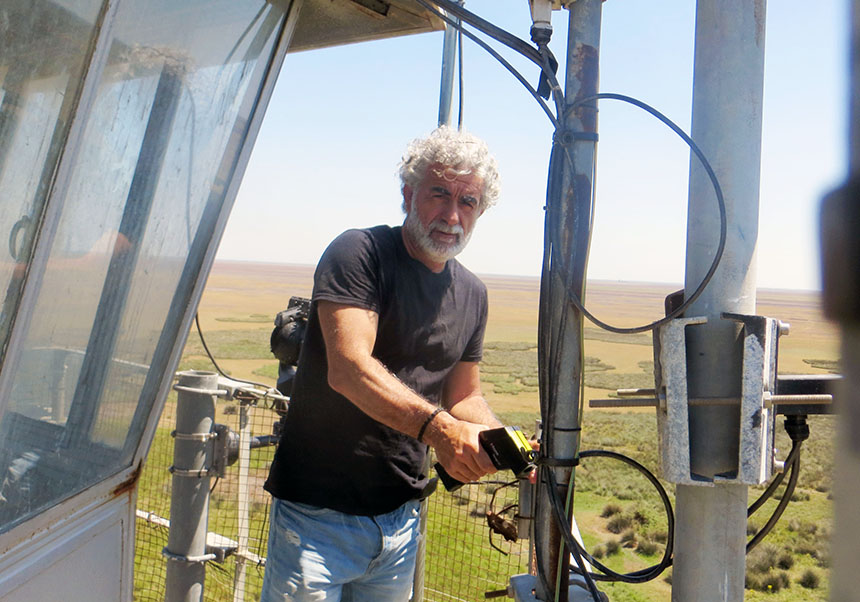Five female scientists from the University of Valencia, among the 2% most cited specialists in the world, according to a Stanford survey
- Scientific Culture and Innovation Unit
- March 8th, 2021

Dolors Corella (Department of Preventive Medicine and Public Health), Isabel Fariñas (Cell Biology and Parasitology), Empar Lurbe (Paediatrics, Obstetrics and Gynaecology), María José Alcaraz (Pharmacology) and Amparo Salvador (Analytical Chemistry) are the five researchers of the University of Valencia (UV) classified by Stanford University with the 2% of the most cited scientists both men and women in the world. It includes 106 specialists from Valencian universities, and the UV, with 60, is the largest contributor to this list.
This database, created at Stanford University and run by John Ioannidis (an expert in data science), was recently published in the journal PloS Biology, and is based on data from Scopus, which classifies journals and gives a citation index. It includes 2 percent of the world’s top scientists from 22 science fields and 176 subfields based on standardised citation indications, with information on the number of citations, the H index, co-authorship, and a composite indicator.
Among others, and by the University of Valencia, in the first places appear Artemi Cerdà (Geography), Vicente Caselles (Earth Physics and Thermodynamics), Carlos Simón (Paediatrics, Obstetrics and Gynaecology) and Josep Redón (Medicine). Also, Antonio Pich (Theoretical Physics), José Luis Ríos (Pharmacology), Eugenio Coronado (Inorganic Chemistry) and Miguel de la Guardia (Analytical Chemistry), Santiago Mas Coma (Parasitoloy), Gustau Camps (Image Processing Laboratory) and Daniel Errandonea (Insitute of Materials Science).
The group has analysed, over almost seven million researchers with scientific activity in the last five years, a selection of the 100,000 with the greatest impact. The record has been made according to a composite index that adds bibliometric indicators such as total citations and H index, HM index adjusted by co-authorship, citations of articles in different positions of authorship (single, first, author main), adjusted by field and in absolute terms. The data for the entire race is updated until the end of 2019.
Article:
Ioannidis JPA, Boyack KW, Baas J (2020) “Updated science-wide author databases of standardized citation indicators”. PLoSBiol 18(10): e3000918. https://doi.org/10.1371/journal.pbio.3000918
File in: Recerca, innovació i transferència , Internacionalització recerca , Dades estadístiques, indicadors i informes , Difusió i comunicació científica , Grups de recerca , Investigació a la UV
















